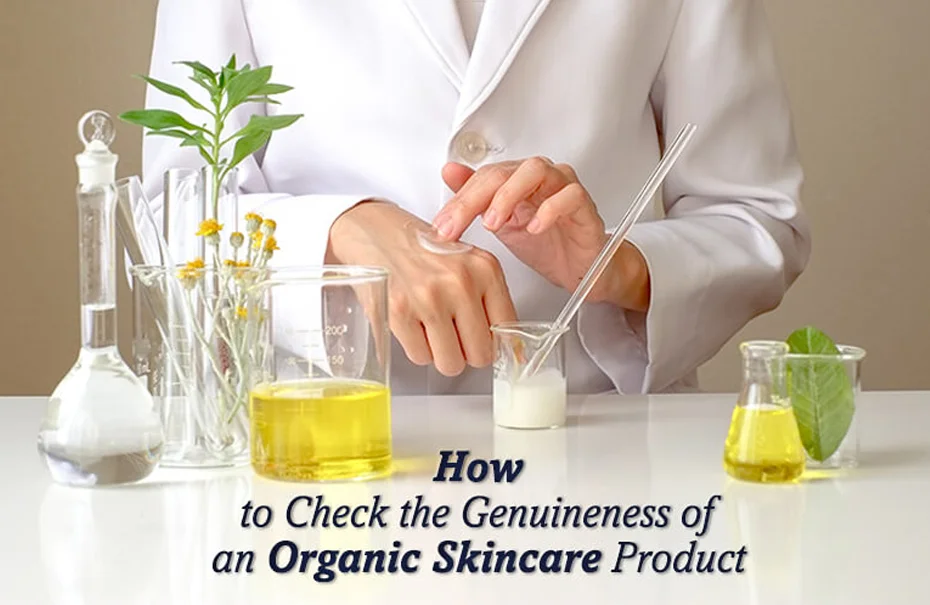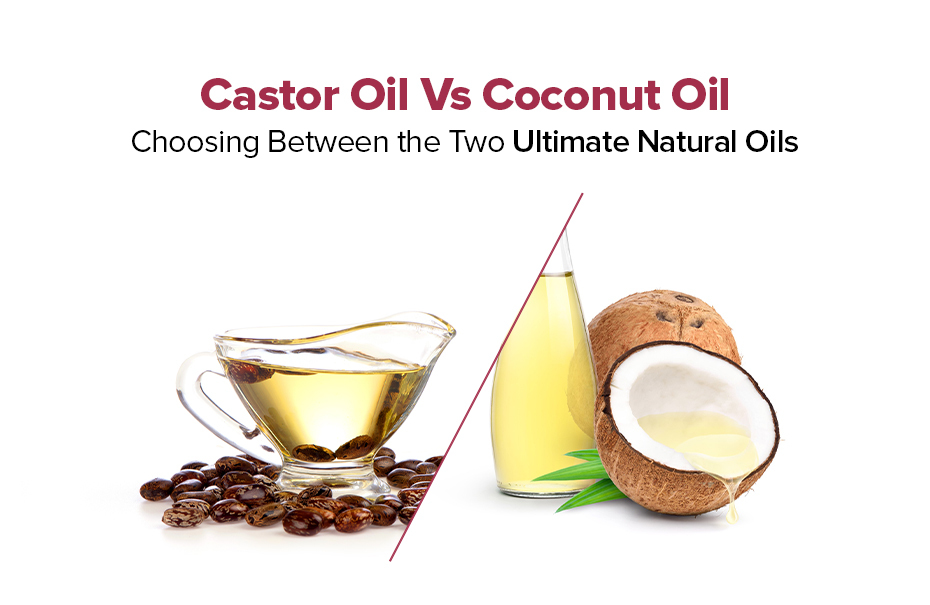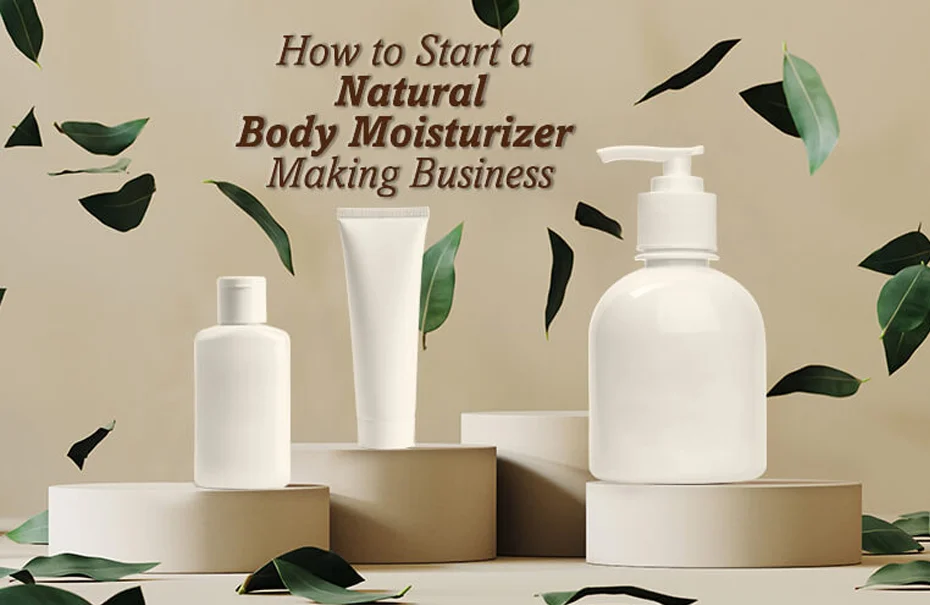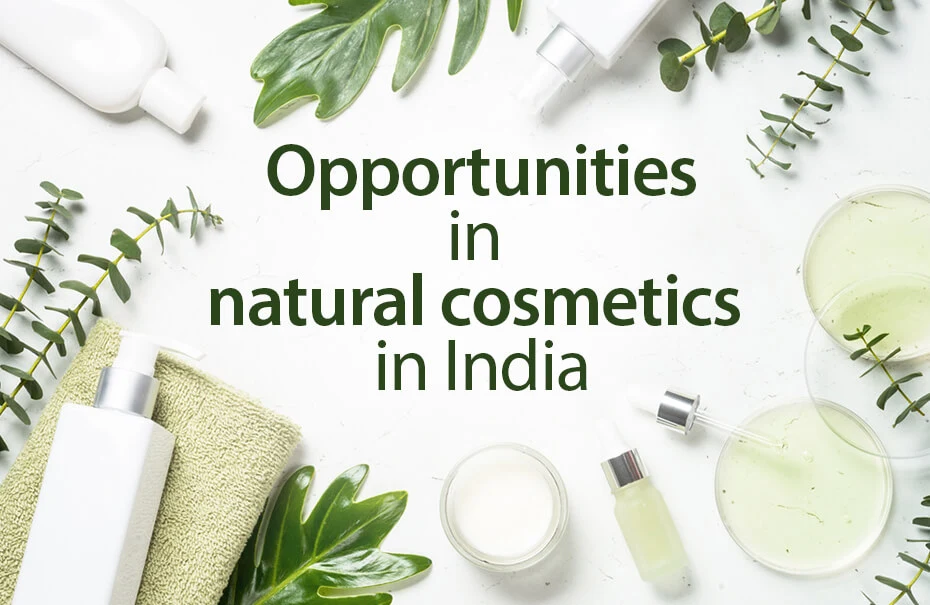How to Check the Genuineness of an Organic Skincare Product

The world is turning towards natural products.
A wide range of skin care products are available in the market. While some are synthetic, others are natural. However, natural products are the better choice between the two. Consumers have also begun embracing natural products. But why are natural products gaining so much importance?
Here are few reasons to use natural products:
- 1. Natural skincare products are a better option for the environment because they don’t have any synthetic chemicals. Synthetic products can harm animals, plants, and can have dire consequences on the surrounding.
- 2. Natural skin care products are safer for the skin when compared to synthetic products. A lot of cosmetic products we use slowly sinks into our body. These can affect our body processes. However, if the ingredients are natural or beneficial, they will have healthy effects on the body. So when you choose natural products, you are consciously keeping away negative ingredients from your body.
- 3. Many skincare products are tested on animals. But the great news is natural skincare products do not test their products on animals or are detrimental to any section of living beings.
The list of products that we consume is increasing on a daily basis. But on the positive side, consumers are turning into conscious consumers. Due to environmental awareness, enhanced knowledge about wellness, consumers are demanding more transparency about the genuineness of the product.
In the present scenario, there is hype about natural products. Everywhere the products are advertised with highlighted terms ‘natural’ and ‘organic’. But merely a few products are actually what they promise. In such a situation, consumers must know how to check the product.
In the further section, we will focus on how we can check the product’s genuinity.
Let’s check your Natural Products.
Counterfeit cosmetic products are turning out to be a major problem. So how do we tell the difference? If the product is not directly coming from an authorized seller or manufacturer, there is a high probability of it being a fake product.
Here are a few guidelines that you can keep in mind when you are on a shopping spree and are looking forward to buying a natural cosmetic product:
Closely Check the Label:
Counterfeit products often smartly skip important details on the packaging. Keep an eye on the following tricks like misspelled words, typos, poor printing quality. All should be examined properly. Also, cross verify the product with the brand’s official website to make sure everything matches with the packaging.
Look at the First Five Ingredients:
The next step is to look out for the first five ingredients listed on the packaging. According to the guidelines, the brands should mention their ingredients in the order of their highest to lower concentration. Generally, the first five ingredients compose most of the product. These first five are the most important to check and if time allows, go through the entire ingredient list.
Try Avoiding These Ingredients:
Some other things that you can look for are the ingredients you should consider avoiding and be cautious of. We have prepared an exhaustive list that can help you give a better understanding of what to avoid.
- Sulphates:
These are detergents that are commonly found in cleansing products. These are so harsh on the body that it can take away skin’s natural moisture and affect its protective layer. They can also increase dryness and cause irritation. Look for words that have the ‘sulphate’ term included in their name, for example, sodium laureth sulphate.
- Silicones:
These prevent pores to absorb ingredients and disturb the skin’s functioning process. If used for a long period of time, these can promote acne and even contribute to dehydration. Look for words ending with the following words: ‘-cone’, ‘-conol’ or ‘-siloxane’.
- Mineral Oil:
Mineral oil is a deodorized form of kerosene. With its occlusive property that affects the skin, it can interrupt the process of cell renewal, promote acne and dryness.
- Synthetic Fragrance
They are the prime reason that causes allergic skin reactions while using the product. The term also is used for hidden chemicals and phthalates. Phthalates are linked to problems like hormone disruption. Find words that include terms like ‘parfum’ or ‘fragrance’ on the package. Try avoiding fragrance-free products, as they often imply the usage of masking chemicals.
- Polyunsaturated oils (PUFAs)
These types of oils contain multiple unsaturated double bonds in their fatty acid chains. They are unstable and susceptible to free radical attack. When exposed to oxygen, it oxidizes which is also known as pro-aging. Some of the common oils that include PUFAs are sunflower, rose hip, sesame oil, soybean, and rose hip. Try maintaining a distance with oils of more than 10 percent PUFA.
- Parabens:
We all have come across the term ‘parabens’ which are preservatives. But the reason why we need to avoid the same is that they imitate estrogen. Try looking for words ending with ‘-paraben’. Many manufacturers have replaced paraben with phenoxyethanol, which could be a safer but still an irritating option.
- Chemical Sunscreen:
Chemical sunscreen is commonly known as organic sunscreen. However, there is nothing natural in the ingredient, as they are full of chemicals. Most of the common sunscreen includes oxybenzone, octisalate, homosalate, octinoxate, and octocrylene.
The most common practice of whether a sunscreen is chemical or not is to search for zinc oxide and titanium dioxide. If these are not present on the ingredient, then it’s a chemical sunscreen.
Conclusion:
Whenever you are going shopping for some new products, it is a great practice to check the labels and take your time while going through the ingredient list. This will help you make healthier and more informed choices.
Ambuja Solvex, one of the largest castor oil manufacturers in India produces pharmaceutical grade castor oil. The extraction process is done carefully to make sure the product does not lose its unique quality and property. The respective castor oil is of great use in hair and soap products. Hydrogenated castor oil in skincare is also obtained by pressing castor seed and then extracting it carefully. It has various applications in the cosmetic industry as well. These ingredients are natural and have no harmful effects on the skin. Ambuja follows quite an exhaustive and careful extraction procedure of every castor oil and its derivative to ensure the utmost quality of the same.



